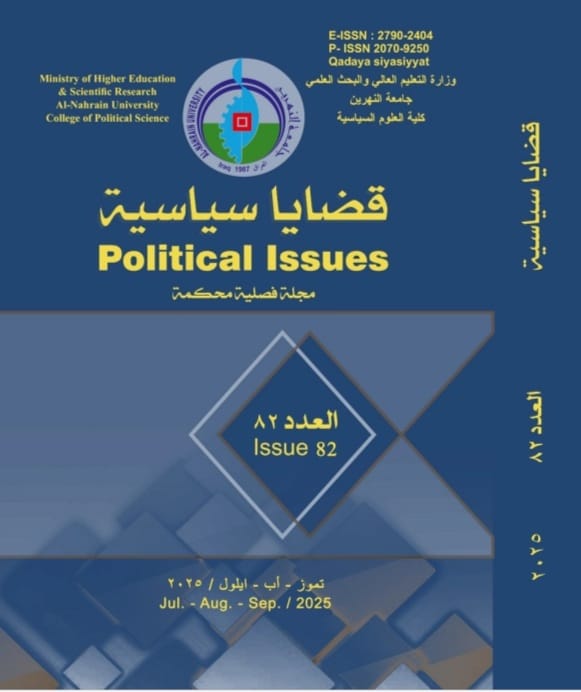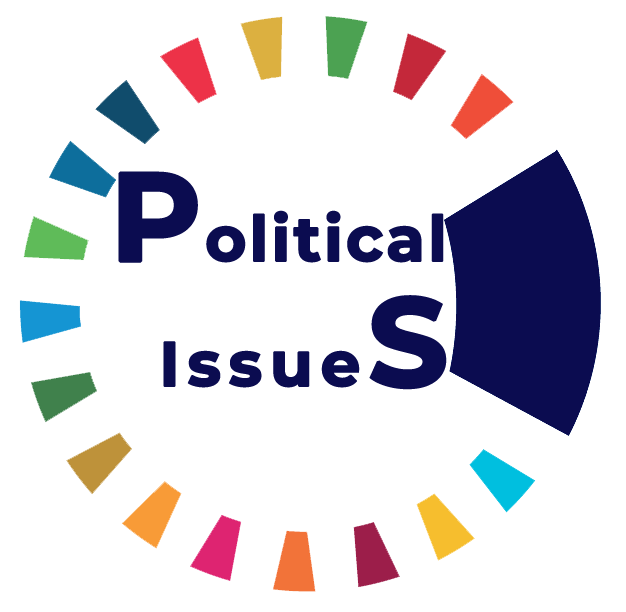The Role of Research Centers in Shaping Japanese Foreign Policy: A Critical Review of the Political Literature
DOI:
https://doi.org/10.58298/822025748Keywords:
Think Tanks , Japanese Foreign Policy , Political Elites , Policy-Making Circles, Informal Network.Abstract
This Study offers a critical review of the political literature concerning the role of Japanese think tanks in shaping and influencing foreign policy the review reveals that despite their post WWII growth and diversification these institutions continue to operate within a bureaucratic and consensus driven political environment The literature highlights their limited independence and their integration within elite networks especially through informal closed Policy circles the impact of think tanks in japan largely functional and indirect serving primarily as providers of technical information and analysis rather than as autonomous agents of strategic change . The study calls for a re-evaluation of dominant western theoretical frameworks and advocates for alternative approaches that better reflect the institutional and cultural specificities of the Japanese model
References
Stephen Boucher, Think Tanks: "Brains War of Ideas", translated by Majid Kanj, revised and edited by Fares Ghosoub, Lebanon, Dar Al-Farabi, 2009.
Imad Rzik Omar, Administrative Bureaucracy and Mechanisms of Political Management in Japan, Doha, Al Jazeera Center for Studies, 2020.
James G. McGann, 2019 Global Go to Think Tank Index Report, University of Pennsylvania, Think tank and Civil Societies Program (TTCSP), 2020.
Köllner, Zhu, and Abb, Understanding the Development of Think Tanks in Mainland China, Taiwan, and Japan, UK, PSA Conference Paper, 2018.
Kunihiko MIYAKE, why think tanks matter in Japan, Japan, The Canon Institute for Global Studies, 2020.
Marina Lomaeva & Juha Saunavaara, Japan’s South China Sea Policy and Regional Subcomplex Expansion: Toward Free and Open Indo Pacific, USA, Journal of International Political Culture & Society, 2022.
Mika Shimizu, Fourteen - Think tanks and policy analysis: meeting the challenges of think tanks in Japan, Cambridge University Press, 2022.
Pascal Abb & Patrick Koellner, Foreign policy think tanks in China and Japan: characteristics, current profile, and the case of collective self-defense, International Journal, Germany, GIGA German Institute of Global and Area Studies, Institute of Asian Studies, Vol.70, No.4, 2015.
Pascal Abb & Patrick Köllner, Foreign Policy Think Tanks in China and Japan: Characteristics, Current Profile, and the Case of Collective Self-Defense, Canada, International Journal Canada s Journal of Global Policy Analysis, 2015.
Patrick Köllner, Think Tanks: Their Development, Global Diversity and Roles in International Affairs, Germany, GIGA “German institute of Global and Area Studies, No.6, 2011.
Peter Hayes, Think Tanks, ‘Think Nets’ and Their Evolution in Asia, South Korea, East Asia Institute, Vol.10, No.1, 2015.
Tadashi Shimamoto, Nomura Research institute is creating a new future, Japan, 2015.
Toshihiro Nakamura, A Declining Technocratic Regime Bureaucracy, Political Parties and Interest Groups in Japan, 1950-2000, Denmark, United Nations Research Institute for Social Development, 2002.
Tsuneo Watanabe, Japan’s Security Policy Evolution: The Interaction between Think Tank Proposals and Government Implementation, Washington, D.C, National Bureau of Asian Research, Vol.17, No.3, 2022.
The Japan institute of international affairs, https://www.jiia.or.jp/en/abus/ .
The Tokyo Foundation, https://www.tokyofoundation.org/about/?utm_source
Additional Files
Published
Issue
Section
License
Copyright (c) 2025 علي غسان سامي

This work is licensed under a Creative Commons Attribution 4.0 International License.
This is an Open Access article distributed under the terms of the creative commons attribution (CC BY) 4.0 international license which permits unrestricted use, distribution, and reproduction in any medium or format, and to alter, transform, or build upon the material, including for commercial use, providing the original author is credited.






